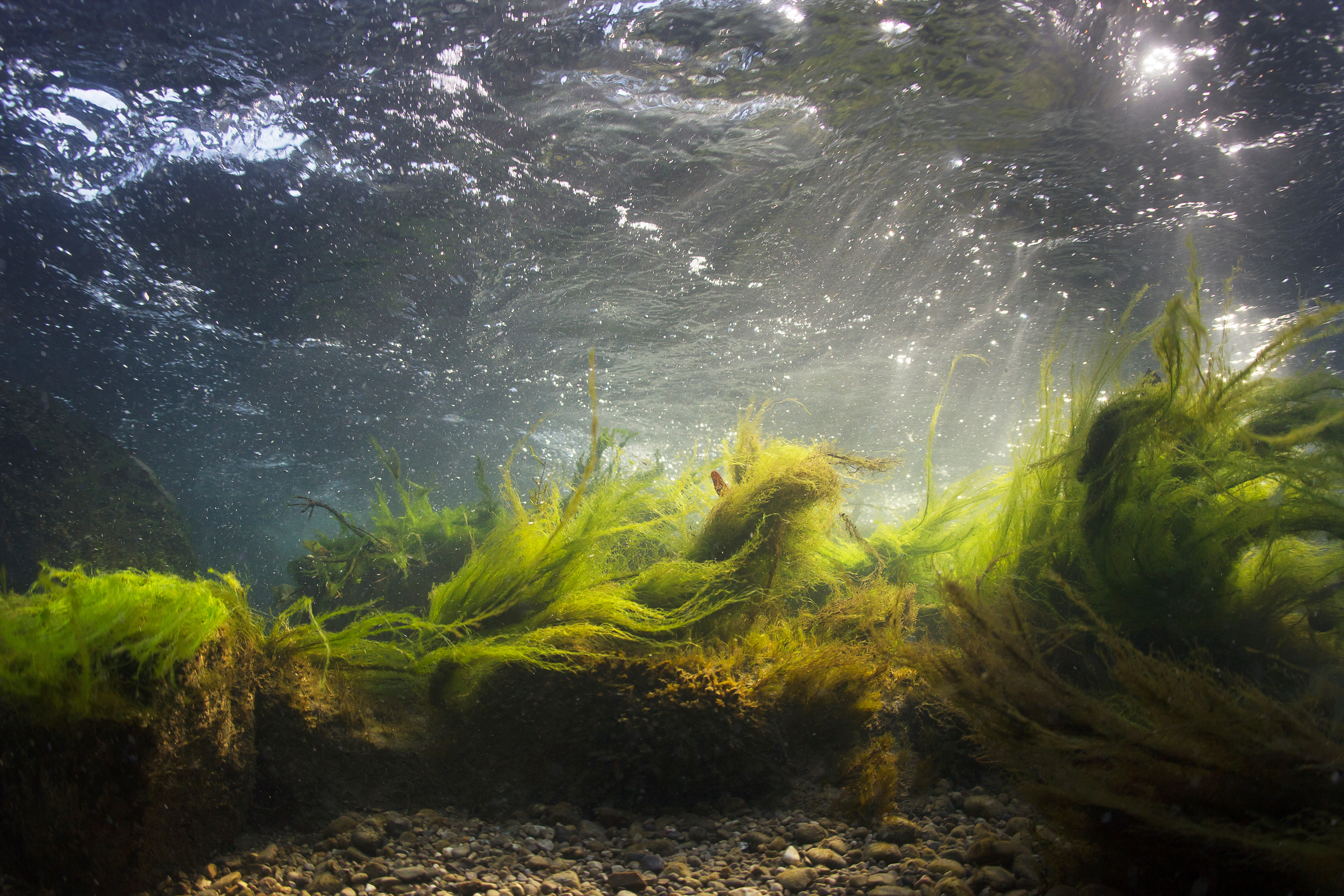COP27: Album reveals Sunderland’s underwater secrets
18 October 2022 | By: Newcastle University | 1 min read
Human ears aren’t adapted to listening underwater, but hydrophone technology can now reveal incredible hidden soundscapes.
A vibrant underwater soundscape
As it turns out, the life aquatic is anything but silent.
Over a nine-month period, Music Technician David De La Haye used a hydrophone to tune into the sounds of amphibians, invertebrates, fish, and even plants.
“You would be surprised at how noisy it is under there,” says David. “Plants make incredible rhythms as they oxygenate the water, whilst insects and invertebrates join in the party! Popular culture often portrays life underwater as silent, but the opposite is true.”
His samples were recorded at locations along the north east coast, including Roker Pier, Sunderland Marina, Mowbray Park, Hetton Lyons Country Park, and Ryhope beach, and formed the source material for his latest album With Ears Underwater. The album is out with New Jazz and Improvised Music Recordings.
A unique instrumental improvisation
David is committed to making field recordings of the natural world, even building a pond at his home so he could listen all year round.
For the album, David’s field recordings were interpreted by a trio of improvising musicians; drummer Adam Stapleford, saxophonist Graeme Wilson, and cellist Mark Carroll.
The recordings were initially given to the musicians with very little context, encouraging musical improvisations in response to the sounds they heard. Their instrumental parts flow alongside unique aquatic recordings to illustrate the interconnectedness of our environment.
“I had no idea that those sounds even existed, let alone could be captured by a microphone.”Mark Carroll, composer and cellist
A one-of-a-kind musical project
Excerpts from the album were performed for British Science Week and aired live on BBC Radio 3 ‘New Music Show’. David has since been nominated for an Ivors Composer Award in the Jazz Ensemble category for his work with 'Plant Based Patterns'.
“The relationship between humans and the natural world is complex and projects like this can help us understand the world around us in new ways”, says David.
The work was commissioned by Sound and Music in association with Sunderland Culture. An accompanying conference was supported by Newcastle University’s Water Security and Sustainable Development Hub.
Recently, David hosted a sonic cruise of the River Tees, and late in August will lead a workshop on underwater listening at ‘Frontiers in Ecology: Science and Society’, the INTECOL 2022 conference, Geneva.
Listen to and buy the album or watch the accompanying documentary.
Explore our blog to discover the things we're doing to understand and safeguard our home, planet Earth.
Alternatively, subscribe to our research newsletter to receive the very latest research findings and cutting-edge insights direct to your inbox. Sign up now.
